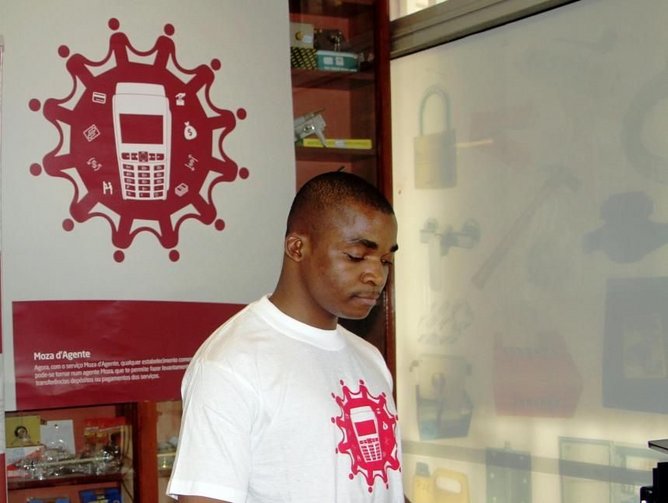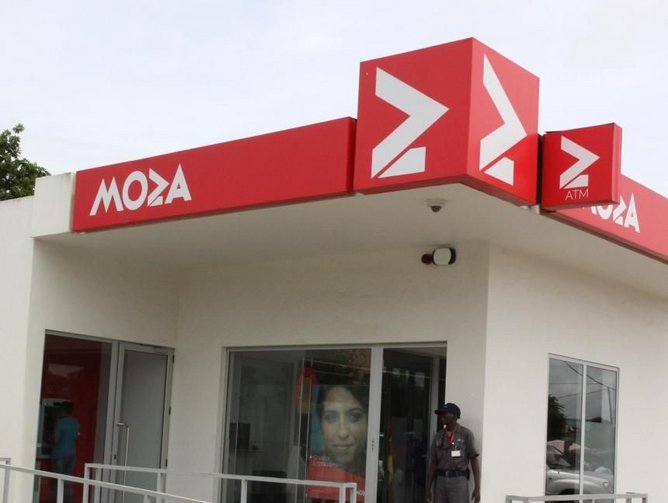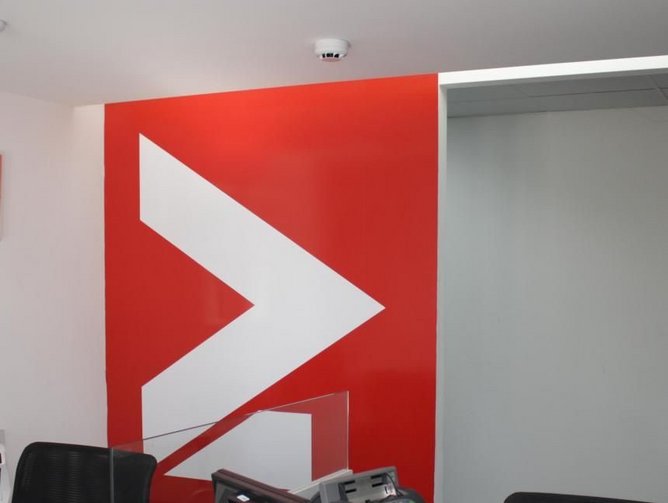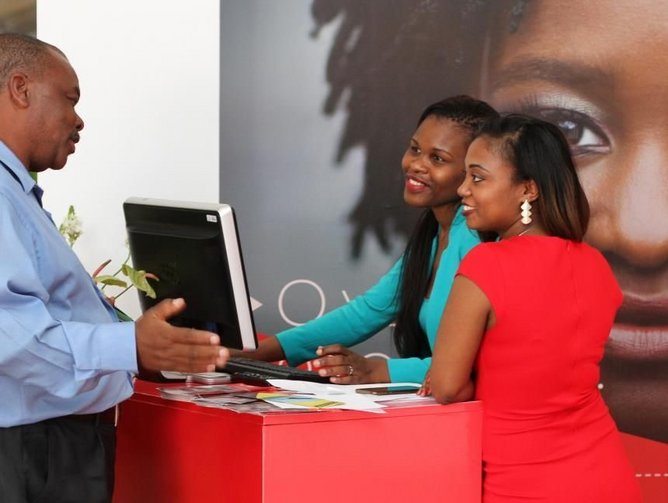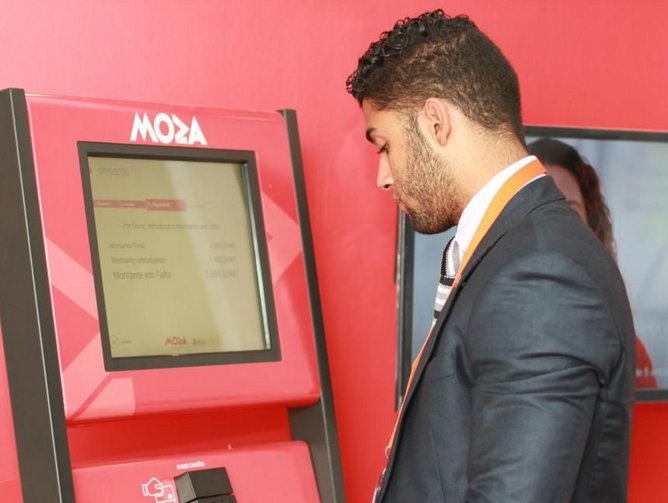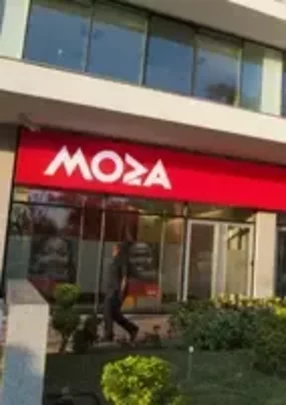Financial inclusion is on the up in Mozambique thanks to Moza Banco
Africa has the second-fastest growing banking market in the world, according to a report by Kinsey, and it seems the story is no different in Mozambique.
Championing services like mobile money solutions and agent banking, one of the country’s leading commercial banks, Moza Banco, has strived to offer affordable, instant and reliable financial services to both urban neighbourhoods as well as rural villages, areas where no bank may have ever established a branch before.
Looking forward, the 10-year-old bank has big plans for the future but none outshine its commitment to be the nation’s preferred bank of choice and to promote financial inclusion.
“Moza Banco isn’t focused on being the biggest bank in terms of size or its number of clients but is focused on establishing its place as the country’s preferred bank,” explains Espírito Santo Monjane Jr., Deputy Director of Information Technology and Systems.
“Most of the population don’t have bank accounts and so part of our strategy is to reach this demographic through alternative services from what is provided in this market. By offering services like agent banking, mobile banking and other financial facilities we aim to create a genuine relationship with our clients and make Moza Banco their preferred bank of choice.”
The African banking sector is a hotbed of innovation and Moza Banco is no exception.
Sansão Monjane, Head of Information Technology and Systems, believes the way in which Moza Banco adopts unique innovations and business approaches helps to distinguish it from its competitors.
“We do our best to ensure we are also at the cutting-edge of technology and that our services are available to everyone at their time of need,” Monjane explains. “We take a different approach compared to the other banks in Mozambique and this helps to differentiate our services from the others.
“That’s why we’ve been awarded as the most innovative Southern African bank for the African Banker Magazine for two years in a row,” he adds. “In essence, we always try to innovate to make sure that we are enablers in the market.”
One way in which the Mozambican bank is making waves in the sector is through its use of agent banking, whereby a banking agent – that is a retail or postal outlet – processes clients’ transactions on behalf of the bank.
Launching the first banking agent in Mozambique around three years ago, Monjane Jr. believes this cogent strategy has been a roaring success.
“Right now, we are pushing aggressively towards agent banking, whereby we partner with some commercial entities so that we can provide banking services all over the country,” he explains.
“We are going outside the urban areas to rural markets where people want to trade cash. We were the first to make that happen in Mozambique and now we are pushing it further through more agents across the country.
“It’s an alternative way to grow in the market without having to put a traditional branch at every site. We believe it is the most viable solution for growth going forward and it is also in line with the country's strategy to include more people into the financial system, which is a big issue in Mozambique, and in Africa as a whole.”
“Like many other developing countries, the infrastructure in Mozambique is challenging,” adds Monjane.
“We don't have the means to get to remote places. If you have a branch in a remote place, you have higher costs of transferring money to those places, higher costs of maintenance for the branch, and higher costs for the employees. That's why with agent banking, you can reach this slice of the population in a much easier way.”
The financial landscape is changing rapidly and perhaps one of the most notable trends is the emergence of application programming interfaces, better known as APIs.
Located at the heart of open banking, APIs are open source technologies which allow fintechs and third-party developers to build financial applications on top of the bank’s existing IT infrastructure.
By ‘opening’ up the banking sector, the introduction of APIs allows third-party developers to create helpful services and tools that customers can utilise.
Partnering with some of the leading disruptors in the market, this is a trend which Moza Banco has been keen to tap into.
“We are in an area of Mozambique where a lot of people are introducing new technologies, new solutions, and enabling new areas of the market,” notes Monjane. “In IT, our strategy is to partner with those entities and make our banking services available through alternative services and apps such as when you are paying your bus fare or shopping online.”
To compete in Africa’s diverse financial market, mobile banking is a must. In the continent today, there are around 100mn active mobile money accounts, used by one in 10 African adults, according to data from McKinsey.
“In Mozambique, around 5mn people have bank accounts yet 18mn people have a mobile phone. Therefore, mobile banking is a key way to get to non-banking clients in the country,” explains Monjane.
By all accounts, it seems Moza Banco has an expansive portfolio on offer, and the firm shows no signs of slowing down its innovation.
For instance, the bank recently introduced self-service kiosks so that people can pay their taxes or pay for government services with ease.
But, despite this, the commercial bank is keen not to push technology on its customers. Instead, Monjane Jr. says the bank’s digital strategy is about meeting the capabilities of its clients to genuinely promote financial inclusion.
“We’re trying to make the interface simple and intuitive so that it is easy to engage,” explains Monjane Jr.
“We are taking what they know, something as simple as their feature phone, to provide services,” he continues. “As we reach people with more financial opportunities we can also offer applications for smartphones.
“Technology is everywhere, but we are adapting to the capabilities of our clients. We're not forcing them to use a specific technology. We're not saying, ‘everybody should have a feature phone or the cheapest smartphone to use our services’. Instead, we are saying, ‘we understand might not have this technology so we will use what you have so that you can have a relationship with us’.”
The underlying message behind Moza Banco is one of financial inclusion. This is not only important for the bank, it’s also vital for the country at large.
“Financial inclusion can be viewed from two perspectives: it can be viewed as business for Moza Banco, but it also has a huge social benefit,” says Monjane.
“If we digitise the money in the country, we don’t have to worry about the cost of producing paper money. For the bank, it's just great for us, because we have more clients, more business, and we have more projects to offer the community. Then from a social perspective, it’s helping the economy grow and it makes life easy for the everyday citizen.”
A successful digital transformation needs a successful team to lead the way. At Moza Banco, it seems the firm’s young, highly skilled workforce is critical to its success.
“At Moza Banco, we have a shared belief that young people are critical in the banking sector,” Monjane explains. “We invest a lot in upskilling our staff and sending people for training. We invest a lot in enriching our personnel to keep them up to date with the latest technology in the market.
“In IT, in particular, we also understand that innovation is a key motivation. Aside from everyday work, we push people and push ourselves to think outside the box and come up with solutions to the everyday problems we face inside and outside the bank. We are making a lot of effort to push the bank forward, to make ourselves better each day.”
It’s an exciting time for Moza Banco. The firm has recently celebrated its 10th anniversary and from December to April the banking market grew around 5%. As such, Moza Banco remains optimistic about the future.
“The banking sector is one of the most promising markets in Mozambique,” reflects Monjane. “I think that, like a lot of places in Africa, we have entered a new era of banking where we don’t have to follow traditional models that were set up years ago.
“In the next five to 10 years we expect Moza Banco to be one of the top three banks in the market for definite,” he adds. “We expect to be the preferred bank for our customers but, most of all, we expect to contribute exponentially to the growth of the country, because, doing banking in Mozambique isn’t just about business. It plays a huge social role.”

